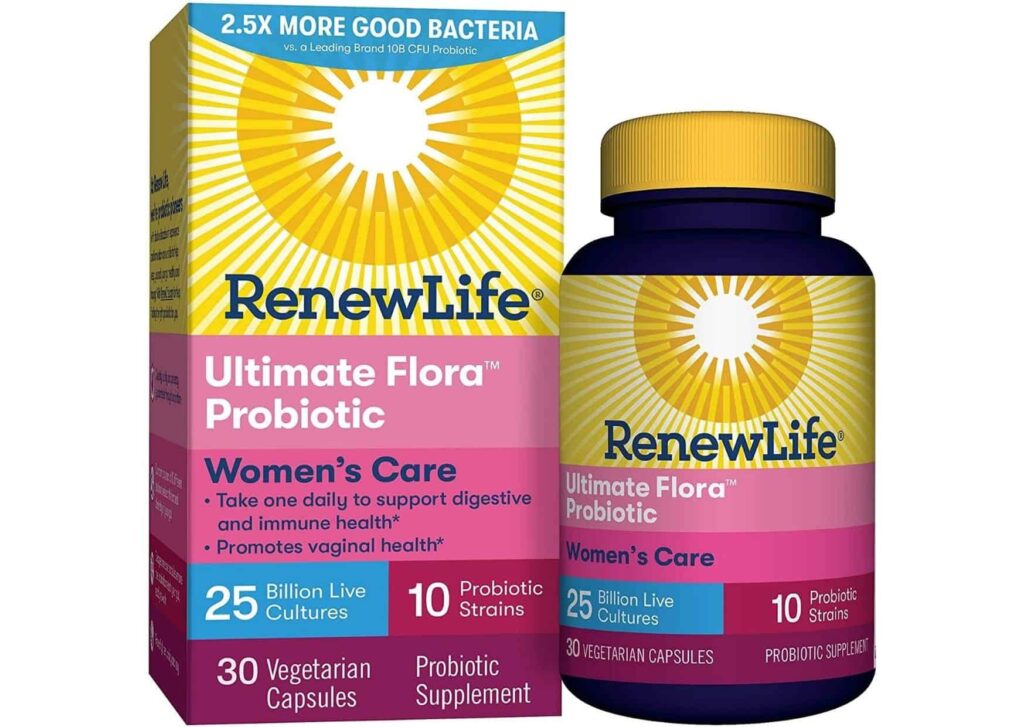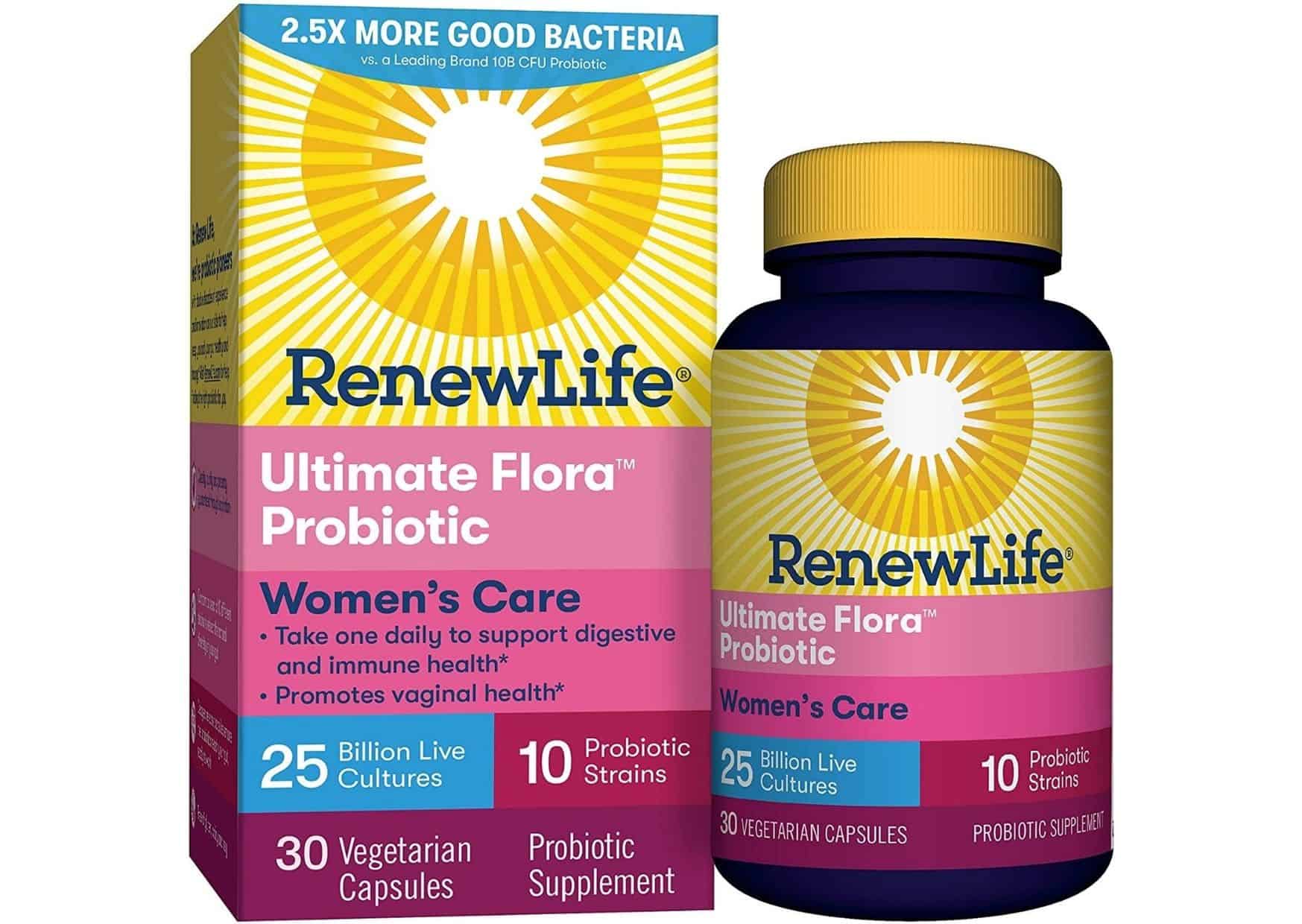
Female Probiotics: Unlocking the Secrets to Women’s Health and Wellness
In recent years, the spotlight on gut health has intensified, revealing its profound impact on overall well-being. For women, this connection is even more significant, as the gut microbiome plays a crucial role in various aspects of health, from immune function to hormonal balance. This is where female probiotics come into play, offering a targeted approach to supporting women’s unique physiological needs. This article delves into the world of female probiotics, exploring their benefits, how they work, and what to consider when choosing the right supplement.
Understanding the Female Microbiome
The term “microbiome” refers to the complex community of microorganisms, including bacteria, fungi, viruses, and other microbes, that live in and on our bodies. The gut microbiome, in particular, is a bustling ecosystem that influences digestion, nutrient absorption, and immune response. The vaginal microbiome, another critical area for women, is primarily composed of Lactobacillus species, which help maintain a healthy pH balance and protect against infections.
Several factors can disrupt the delicate balance of the female microbiome, including antibiotics, diet, stress, hormonal changes (such as those experienced during menstruation, pregnancy, and menopause), and certain medications. These disruptions can lead to various health issues, including:
- Vaginal infections (bacterial vaginosis, yeast infections)
- Urinary tract infections (UTIs)
- Digestive problems (bloating, constipation, diarrhea)
- Weakened immune system
- Mood changes
The Role of Female Probiotics
Female probiotics are dietary supplements that contain specific strains of beneficial bacteria designed to support the health of the female microbiome. These probiotics work by replenishing the good bacteria in the gut and vaginal areas, helping to restore balance and prevent harmful bacteria from taking over. Unlike general probiotics, female probiotics are often formulated with strains known to thrive in the female reproductive tract and address women’s specific health concerns.
Key Benefits of Female Probiotics
Female probiotics offer a range of potential benefits for women’s health:
- Vaginal Health: Certain strains of Lactobacillus, such as Lactobacillus rhamnosus GR-1 and Lactobacillus reuteri RC-14, have been shown to help prevent and treat vaginal infections like bacterial vaginosis and yeast infections. They work by producing lactic acid, which lowers the vaginal pH and inhibits the growth of harmful bacteria and fungi.
- Urinary Tract Health: Female probiotics can also help prevent UTIs by inhibiting the adhesion of harmful bacteria to the urinary tract lining. Some studies suggest that specific strains can reduce the recurrence of UTIs in women.
- Digestive Health: Like general probiotics, female probiotics can improve digestion by promoting a healthy balance of gut bacteria. This can help alleviate symptoms of bloating, constipation, and diarrhea, as well as improve nutrient absorption.
- Immune Support: A significant portion of the immune system resides in the gut. By promoting a healthy gut microbiome, female probiotics can help strengthen the immune system and reduce the risk of infections.
- Hormonal Balance: The gut microbiome plays a role in estrogen metabolism. Female probiotics may help regulate estrogen levels, potentially alleviating symptoms of hormonal imbalances, such as those experienced during PMS or menopause.
Choosing the Right Female Probiotic
With a plethora of probiotic supplements available on the market, selecting the right one can be overwhelming. Here are some key factors to consider when choosing a female probiotic:
- Specific Strains: Look for products containing strains that have been clinically proven to benefit women’s health, such as Lactobacillus rhamnosus GR-1, Lactobacillus reuteri RC-14, Lactobacillus acidophilus, and Lactobacillus fermentum.
- CFU Count: CFU stands for Colony Forming Units, which indicates the number of live and active bacteria in each dose. A higher CFU count doesn’t necessarily mean a better product, as the effectiveness depends on the specific strains and their ability to survive in the gut. However, a CFU count between 5 billion and 50 billion is generally considered a good starting point.
- Delivery System: Some probiotics are formulated with a delayed-release capsule or enteric coating to protect the bacteria from stomach acid and ensure they reach the intestines alive.
- Third-Party Testing: Choose products that have been third-party tested for purity and potency. This ensures that the product contains the stated amount of bacteria and is free from contaminants.
- Ingredients: Check the ingredient list for potential allergens or unwanted additives, such as artificial sweeteners, colors, or preservatives.
- Storage: Some probiotics require refrigeration to maintain their potency, while others are shelf-stable. Follow the storage instructions on the product label.
Incorporating Female Probiotics into Your Routine
Female probiotics are generally safe for most women, but it’s always a good idea to consult with a healthcare professional before starting any new supplement, especially if you have any underlying health conditions or are taking medications. To maximize the benefits of female probiotics, consider the following:
- Take them consistently: Probiotics work best when taken regularly, as it takes time for the beneficial bacteria to colonize the gut.
- Take them on an empty stomach: Some studies suggest that taking probiotics on an empty stomach may improve their survival rate in the gut.
- Combine them with a healthy diet: Probiotics thrive on fiber-rich foods, such as fruits, vegetables, and whole grains. Eating a healthy diet can help support the growth of beneficial bacteria in the gut.
- Avoid antibiotics: Antibiotics can kill both good and bad bacteria in the gut. If you need to take antibiotics, consider taking female probiotics a few hours apart to help replenish the good bacteria.
The Future of Female Probiotics
The field of microbiome research is rapidly evolving, and we are only beginning to understand the full potential of female probiotics for women’s health. Future research may uncover new strains and formulations that are even more effective at addressing specific health concerns. As our understanding of the female microbiome deepens, female probiotics are likely to become an increasingly important tool for supporting women’s overall well-being. [See also: Understanding Gut Health and Its Impact on Immunity]
Real-Life Applications and Testimonials
Many women have reported positive experiences with female probiotics, noting improvements in vaginal health, digestive function, and overall well-being. Sarah, a 35-year-old mother of two, shared, “I struggled with recurring yeast infections for years. Since starting female probiotics, I’ve noticed a significant improvement. I haven’t had a yeast infection in months!” Similarly, Emily, a 42-year-old working professional, stated, “I used to experience bloating and digestive discomfort after almost every meal. Female probiotics have made a huge difference. I feel so much more comfortable and energetic.” These testimonials highlight the potential of female probiotics to improve the quality of life for women struggling with various health issues.
Addressing Common Concerns and Misconceptions
Despite the growing popularity of female probiotics, some misconceptions and concerns persist. One common concern is the potential for side effects. While female probiotics are generally well-tolerated, some individuals may experience mild digestive symptoms, such as gas or bloating, especially when first starting the supplement. These symptoms usually subside within a few days. Another misconception is that all probiotics are the same. As mentioned earlier, female probiotics are specifically formulated with strains known to benefit women’s health. It’s important to choose a product that contains the right strains for your specific needs.
Conclusion: Empowering Women’s Health with Female Probiotics
Female probiotics offer a promising approach to supporting women’s health and well-being. By promoting a healthy balance of bacteria in the gut and vaginal areas, these supplements can help prevent and treat vaginal infections, UTIs, digestive problems, and other health issues. When choosing a female probiotic, it’s important to consider the specific strains, CFU count, delivery system, and other factors to ensure you’re selecting a high-quality product. As research continues to unravel the complexities of the female microbiome, female probiotics are poised to play an increasingly vital role in empowering women to take control of their health. It’s important to remember that while female probiotics can be a valuable tool, they should be used in conjunction with a healthy lifestyle, including a balanced diet, regular exercise, and stress management. [See also: The Importance of a Balanced Diet for Gut Health]
Ultimately, understanding the benefits of female probiotics can empower women to make informed decisions about their health and well-being. By incorporating these supplements into a holistic approach to health, women can unlock the secrets to a healthier, happier life.

